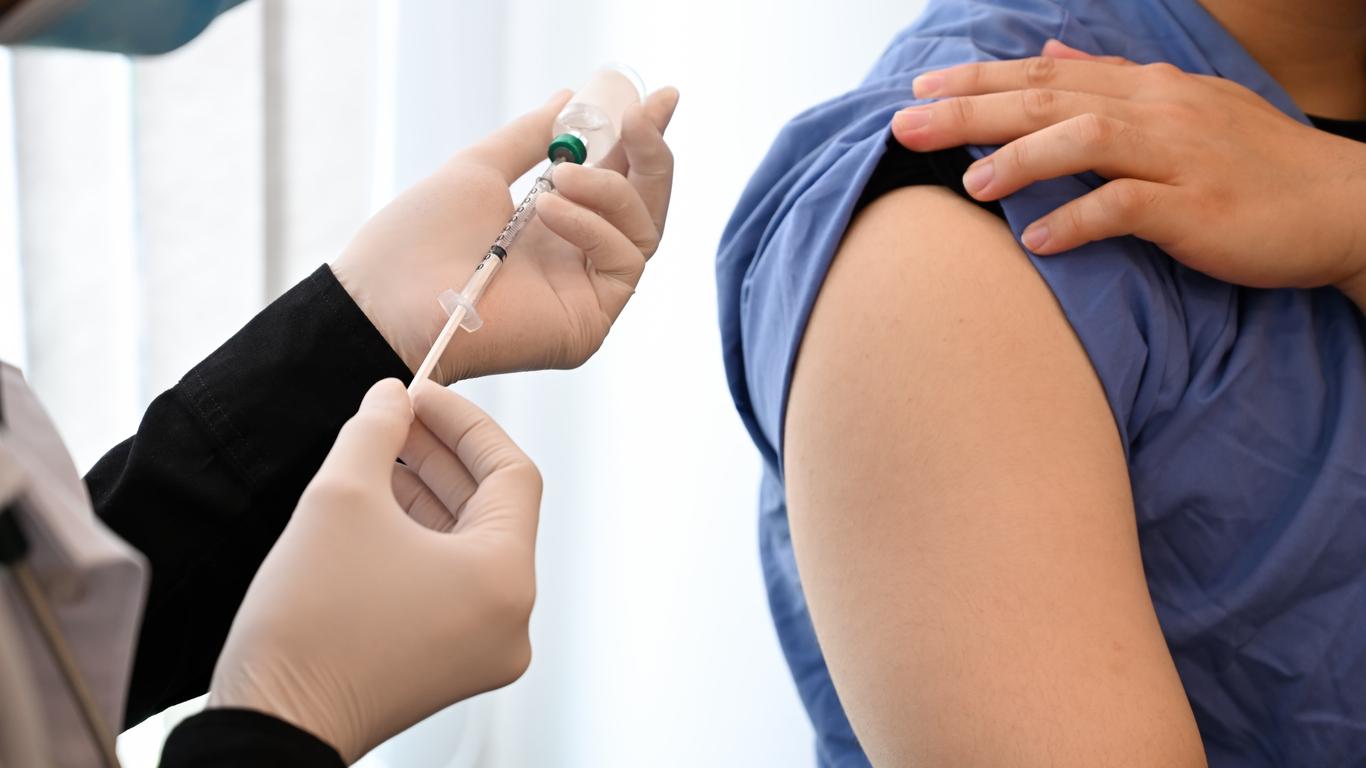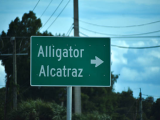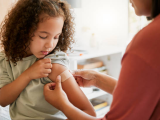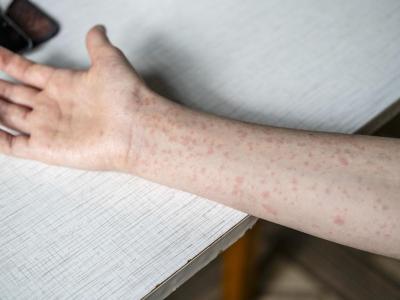Before 2020, two influenza B lineages—Victoria and Yamagata—circulated widely across the globe and were notoriously difficult to predict for flu vaccine strain-selection purposes. The lineages were distinct and offered little cross-protection. In 2012, experts solved the problem by recommending the inclusion of both, which saw the arrival of quadrivalent (four-strain) vaccines.
However, there haven't been any confirmed detections of the Yamagata influenza B lineage since March 2020, and today the World Health Organization (WHO) flu vaccine strain-selection committee recommended switching back to trivalent (three-strain) vaccines that include two influenza A strains plus just the influenza B Victoria vaccine strain.
The group met this week to recommend the strains to include in the Southern Hemisphere's 2024 vaccines. They also looked at the latest zoonotic influenza viruses and picked two new candidate vaccine viruses for pandemic-preparedness purposes.
New influenza A strains for Southern Hemisphere vaccines
The experts recommended swapping out the 2009 H1N1 and H3N2 components in the Southern Hemisphere's 2023 vaccine, with different vaccine virus strains for egg-based and cell-based vaccines.
For egg-based vaccines in the coming year, they recommend including an H1N1 virus similar to influenza A/Victoria/4897/2022 and an H3N2 virus similar to A/Thailand/8/2022. And for cell-based vaccines, they recommend including an H1N1 virus similar to A/Wisconsin/67/2022 and an H3N2 virus similar to A/Massachusetts/18/2022. The recommendations are similar to the current Northern Hemisphere vaccine except for the cell-based H3N2 strain.
For the trivalent B strain, they suggest a virus similar to B/Austria/1359417/2021 as the Victoria lineage strain, the same as for the current Northern Hemisphere vaccine.
If companies make quadrivalent vaccines, the group suggested a Yamagata lineage B virus similar to B/Phuket/3073/2013, the same as the Northern Hemisphere vaccine recommendation.
In a Q and A that accompanied today's vaccine strain recommendations, the WHO said there have been no naturally occurring Yamagata lineage viruses confirmed since March 2020 and that it’s unlikely that they are circulating in people. "Therefore, it is the opinion of the WHO influenza vaccine composition advisory committee that the inclusion of B/Yamagata lineage antigens in influenza vaccines is no longer warranted," they wrote.
New pandemic-preparedness candidate vaccine viruses against H9N2, H3N2v
When the advisory groups meet twice each year to recommend flu strains for the Northern and Southern Hemisphere flu seasons, they also assess the latest zoonotic influenza strains to see if any candidate vaccine seed strains are needed for pandemic preparedness.
In a separate report, the group proposed two new candidate vaccine viruses, one targeting H9N2 that is similar to A/AnhuiTianjiaan/11086/2022. The other is a vaccine virus that targets variant H3N2 (H3N2v) and is similar to A/swine/Iowa/23TOSU0850/2023.



















